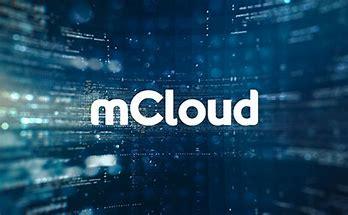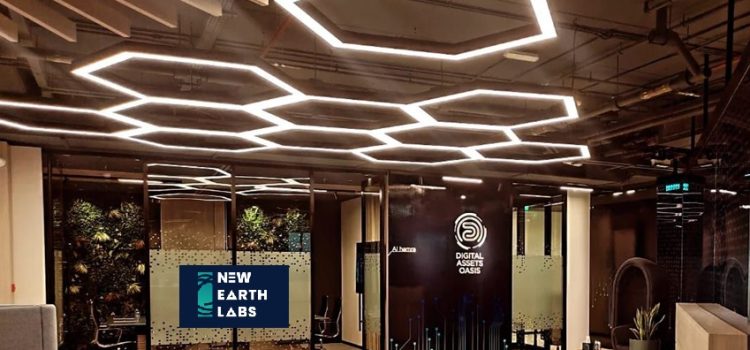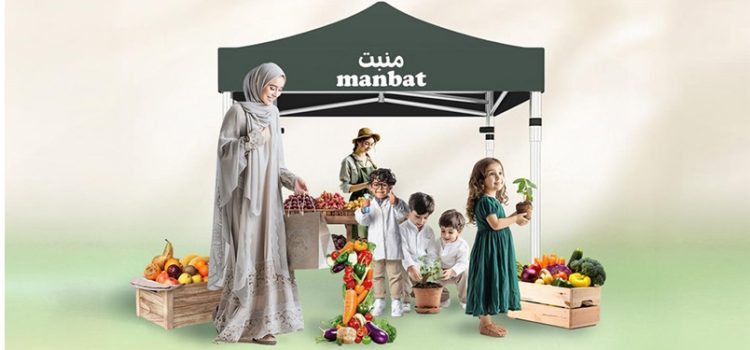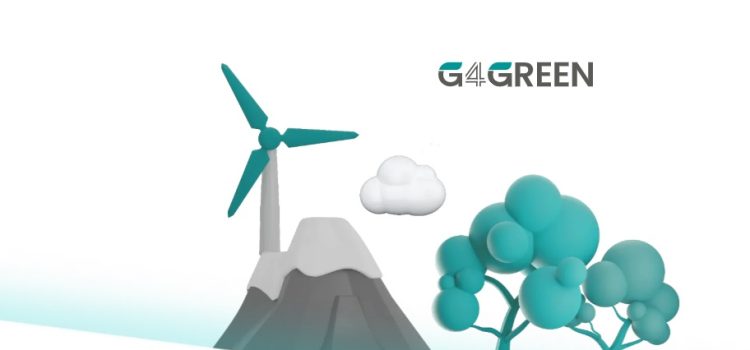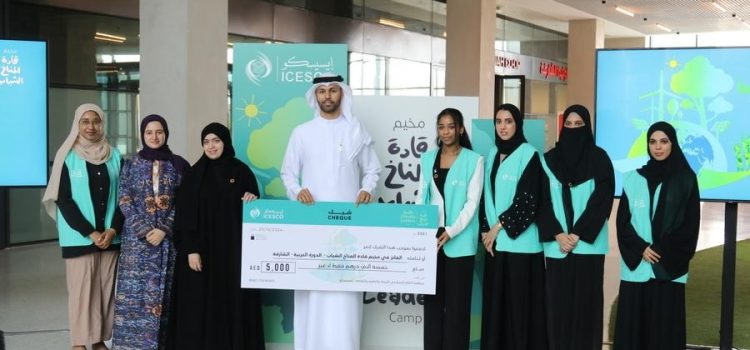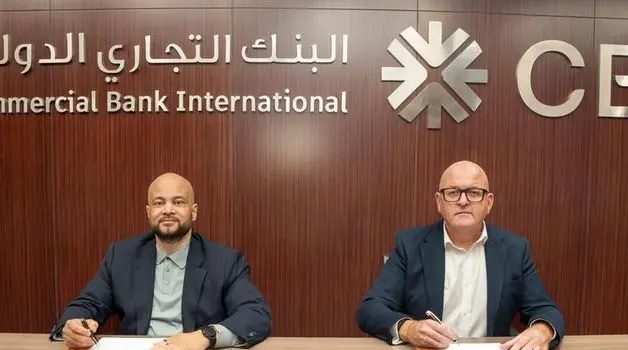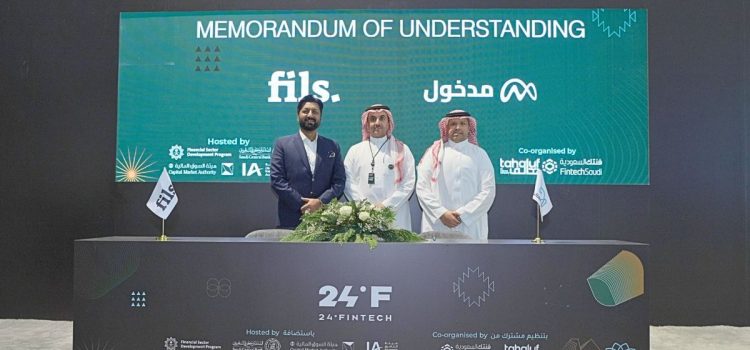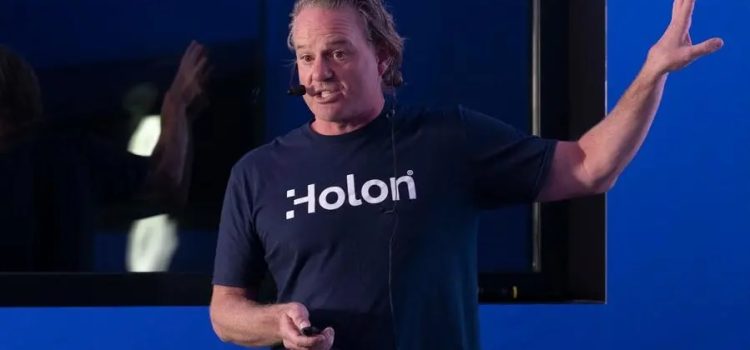
United States based, mCloudTech.ai Corp. (“mCloudTech.ai”), a provider of Web3 AI-enabled cloud applications optimizing the performance, reliability, and sustainability of energy-intensive assets has launched its Web3 Blockchain, AI, asset performance management platform on Google Cloud in 2025 in Saudi Arabia to track carbon emissions.
mCloudTech.ai, a MISA registered company in the Kingdom of Saudi Arabia is a key partner to deliver a decentralized experience that will empower the Kingdom of Saudi Arabia to lead the way in effectively reducing carbon emissions by leveraging cloud solutions. mCloud plays a critical role in this vision, delivering exclusive digital sustainability applications built on Google Cloud.
This announcement marks a turning point in decarbonization efforts, positioning Saudi Arabia, mCloudTech.ai, and Google Cloud as leaders at the intersection of technology and sustainability.
AssetCare will integrate Web3 with blockchain and AI capabilities from Google Cloud to deliver a unified platform for carbon emissions tracking and digital measurement, reporting, and verification (DMRV). The solution enables full lifecycle management for carbon credits, from issuance to trading to retirement, ensuring transparency and accountability in decarbonization efforts. These innovations position AssetCare as the platform of choice for organizations on the path to net zero through asset performance optimization.
AssetCare’s Web3 capabilities will debut in Saudi Arabia, leveraging the Kingdom’s robust hyperscale infrastructure, data sovereign policies, and advanced AI ecosystem enabled by Google Cloud. Saudi Arabia, one of the largest global energy markets, provides an ideal launchpad for decarbonization and carbon trading activities. mCloudTech.ai and Google Cloud plan to expand globally, targeting energy-intensive economies with state-owned or national energy companies.
Russ McMeekin, mCloudTech.ai Co-Founder, President, and CEO said, “With mCloudTech.ai’s inception and our partnership with Google Cloud in the Kingdom of Saudi Arabia, AssetCare’s Web3 capabilities will be an excellent showcase of the Kingdom’s digital leadership. Saudi Arabia’s hyperscale compute, data sovereignty policies, and advanced AI capabilities enabled by Google Cloud underscore the Kingdom’s pivotal role in driving digital sustainability around the world. We are honored to contribute to Saudi Arabia’s success alongside organizations such as Aramco and their sustainability ambitions with the unparalleled capabilities of Google Cloud’s AI, LLM, and blockchain capabilities.”
Bader Almadi, Google Cloud Country Manager for Saudi Arabia added, “Today, mCloud provides valuable services that help global customers across industries improve their sustainability and streamline their operations. Now, these new capabilities in mCloud’s AssetCare platform, built on Google Cloud, can help customers even further track carbon emissions, streamline reporting, and manage carbon credits.”
In January 2025, mCloudTech signed a Memorandum of Understanding (“MOU”) with Aramco. The MOU sees mCloud joining forces with Aramco to explore the co-development of a digital technology hub for delivering ESG solutions in the Kingdom of Saudi Arabia.








